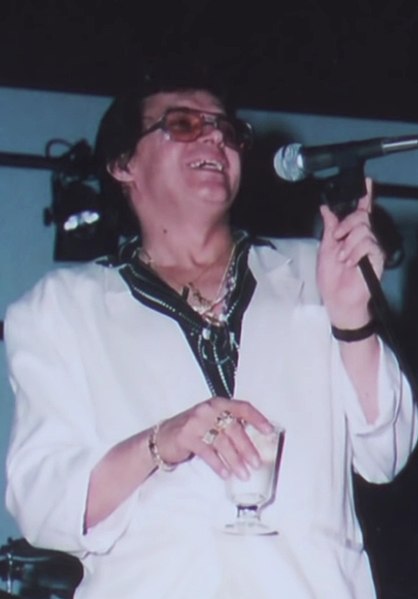- 14 3402-5578
- Rua Hygino Muzy Filho, 737, MARÍLIA - SP
- contato@latinoobservatory.org
 SalsaNY25
SalsaNY25
Héctor Lavoe, born Héctor Juan Pérez Martínez, was a Puerto Rican salsa singer who played a key role in popularizing this musical genre in the 1960s, 1970s, and 1980s. Recognized as one of the best and most important singers and performers in salsa history, Lavoe captivated Latin audiences with his clean, bright voice and his impressive ability to sing long, fast phrases naturally.
Born and raised in Ponce, Puerto Rico, Lavoe was inspired at an early age by his musically talented family, especially his grandfather and mother, both of whom were known for their vocal abilities. Despite his father's pressure to pursue a more traditional musical career as a trombonist, Lavoe dreamed of being a singer and was influenced by Puerto Rican artists such as Jesús Sánchez Erazo and Daniel Santos.
After attending the Juan Morel Campos Public School of Music, Lavoe moved to New York City at the age of sixteen to pursue his passion for music. There, he became involved with several bands, and in 1967 he joined Willie Colón's band as lead singer, recording several hits, including "El Malo" and "Canto a Borinquen."
As a soloist, Lavoe continued to record notable hits such as "El Cantante" and "Periódico de Ayer," becoming a prominent figure in the salsa scene. However, his personal life was marked by struggles, including depression, drug addiction, and health problems, including the diagnosis of HIV.
Despite his struggles, Lavoe left a lasting legacy in Latin and salsa music. His life has inspired two biopics, as well as an off-Broadway production. He was honored in his hometown and in New York City, where an avenue was renamed in his memory. In 2023, Rolling Stone ranked Lavoe as the 73rd greatest singer of all time, acknowledging his lasting influence on music.











